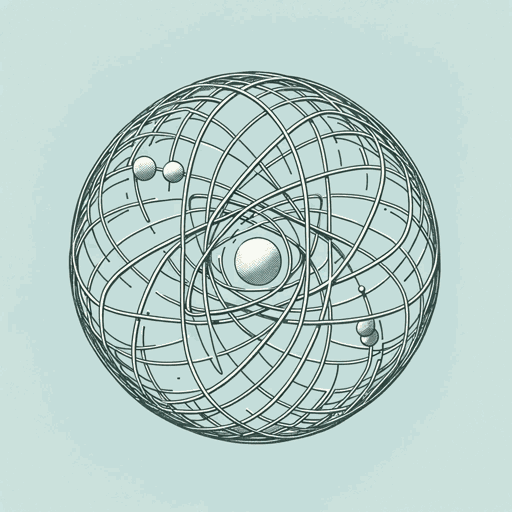40 pages • 1 hour read
Bill BrysonThe Mother Tongue: English and How It Got That Way
Nonfiction | Book | Adult | Published in 1990A modern alternative to SparkNotes and CliffsNotes, SuperSummary offers high-quality Study Guides with detailed chapter summaries and analysis of major themes, characters, and more.
Index of Terms
The Great Vowel Shift
Occurring at some point in the 16th century, the Great Vowel Shift was a series of changes to the English language: “in a relatively short period the long vowel sounds of English changed their values in a fundamental and seemingly systematic way, each of them moving forward and upward in the mouth” (97).
Indo-European Languages
Indo-European is the language family native to most of Europe and portions of Asia. In Chapter 2, Bryson refers to Indo-European as the parent language to many classical languages such as Sanskrit, Greek, Latin, Gothic, Celtic, and Persian (23).
Onomatopoeia
Onomatopoeia comprises words based on actual, natural sounds. In Chapter 2, Bryson explains that there is a “slight tendency to have words cluster around certain sounds” (17). For example, English includes a number of words associated with wetness that begin with “sp” (like “spill”).
Related Titles
By Bill Bryson

A Short History of Nearly Everything
Bill Bryson

A Walk in the Woods
Bill Bryson

In a Sunburned Country
Bill Bryson

One Summer: America, 1927
Bill Bryson

The Body: A Guide for Occupants
Bill Bryson

The Life and Times of the Thunderbolt Kid
Bill Bryson

The Lost Continent
Bill Bryson

